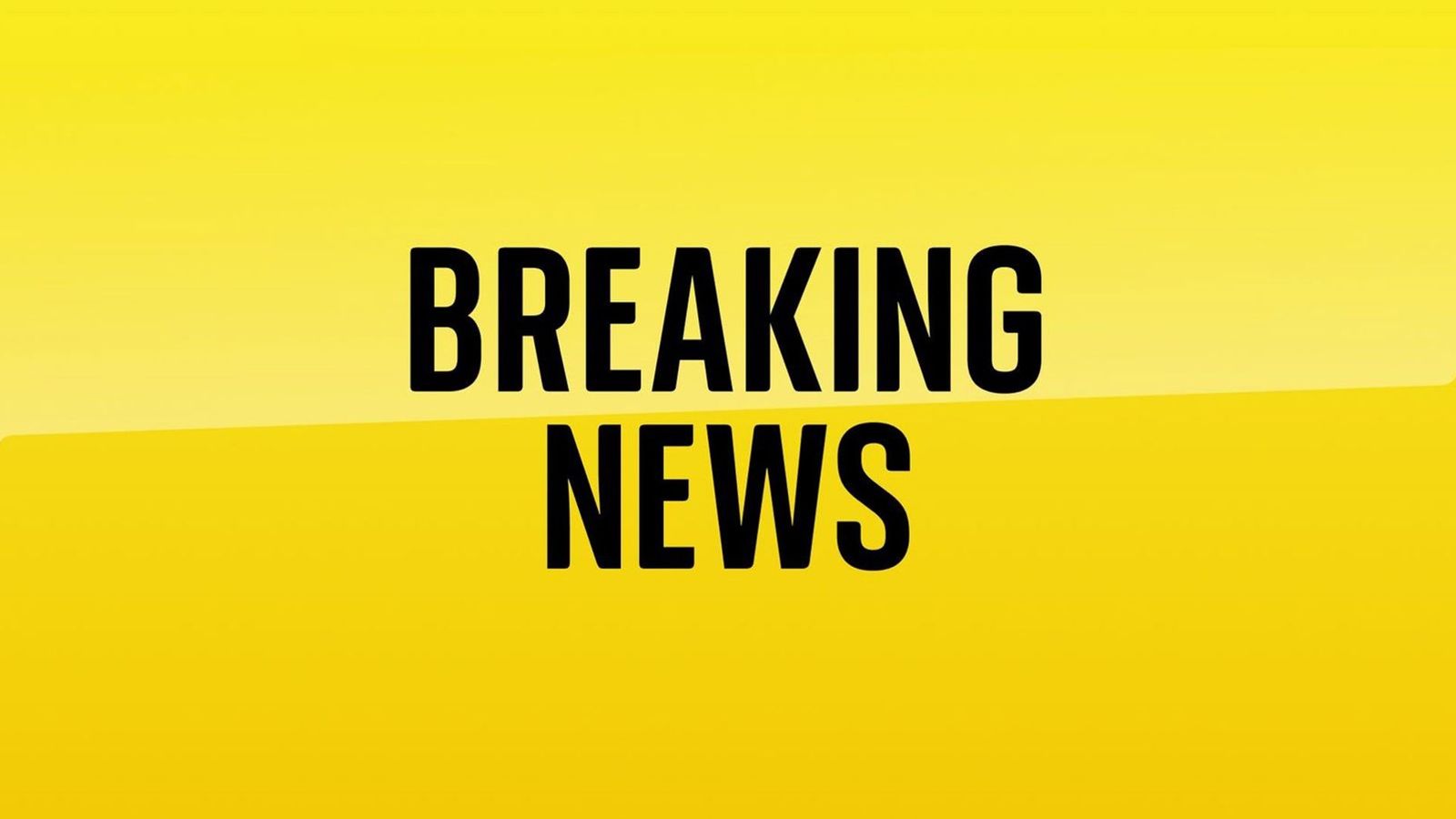Suspended BBC presenter should not be named using parliamentary privilege, cabinet minister urges MPs

A cabinet minister has cautioned MPs against using parliamentary privilege to name the BBC presenter who has been suspended over allegations he paid a teenager for sexually explicit photographs.
Work and Pensions Secretary Mel Stride said the facts appeared to have changed in the last 24 hours and MPs should wait to “see where all of this lands” before the presenter is named, and “privilege… should be used sparingly”.
Speculation continues to mount about the identity of the broadcaster, whom the BBC suspended on Sunday after the claims were reported in The Sun.
It comes as the BBC’s director-general faces the media today as the scandal over a top presenter deepens.
A number of high-profile presenters at the BBC – including 5 Live’s Nicky Campbell, Eurovision’s Rylan and Top Gear’s Paddy McGuinness – have all been forced to publicly deny they are the one who has been suspended after social media users named them online.
There have been growing calls for the accused presenter to name themselves to prevent the spotlight wrongfully falling on other colleagues, while the Daily Mail reported that some MPs are considering naming the individual concerned.
Parliamentary privilege is a right granted to MPs that allows them to speak freely in the Commons chamber without being subject to laws around slander.
Asked by Sky News’ Kay Burley whether the presenter should be named, Mr Stride said: “Those decisions have to be taken on the known facts. And it seems to me that even the apparent known facts seem to be changing within 24 hours.”
Pressed on whether he would “implore” his colleagues not to name the presenter using parliamentary privilege, Mr Stride replied: “I can only speak for myself – that’s a very personal thing.
Advertisement
“I would personally certainly not be doing that.
“Members of parliament do have a right to privilege and to be able to say things in the Commons without fear of legal repercussions.
“But I think that is a privilege that should be used very sparingly and with great thought.
“I would want to see process continue here as quickly as possible. And that is what the secretary of state, media and culture, has been doing, has been pressing the BBC to do that.
“I’m as confident I can be that they will be now moving at pace. I think we have to see where all of this lands and then start to make these judgements about whether things were done the right way or not, whether people should be named or not, and so on and so forth.”